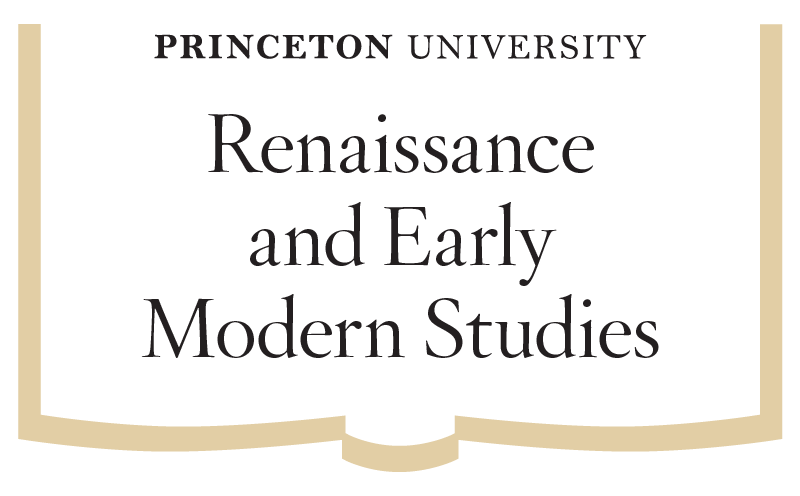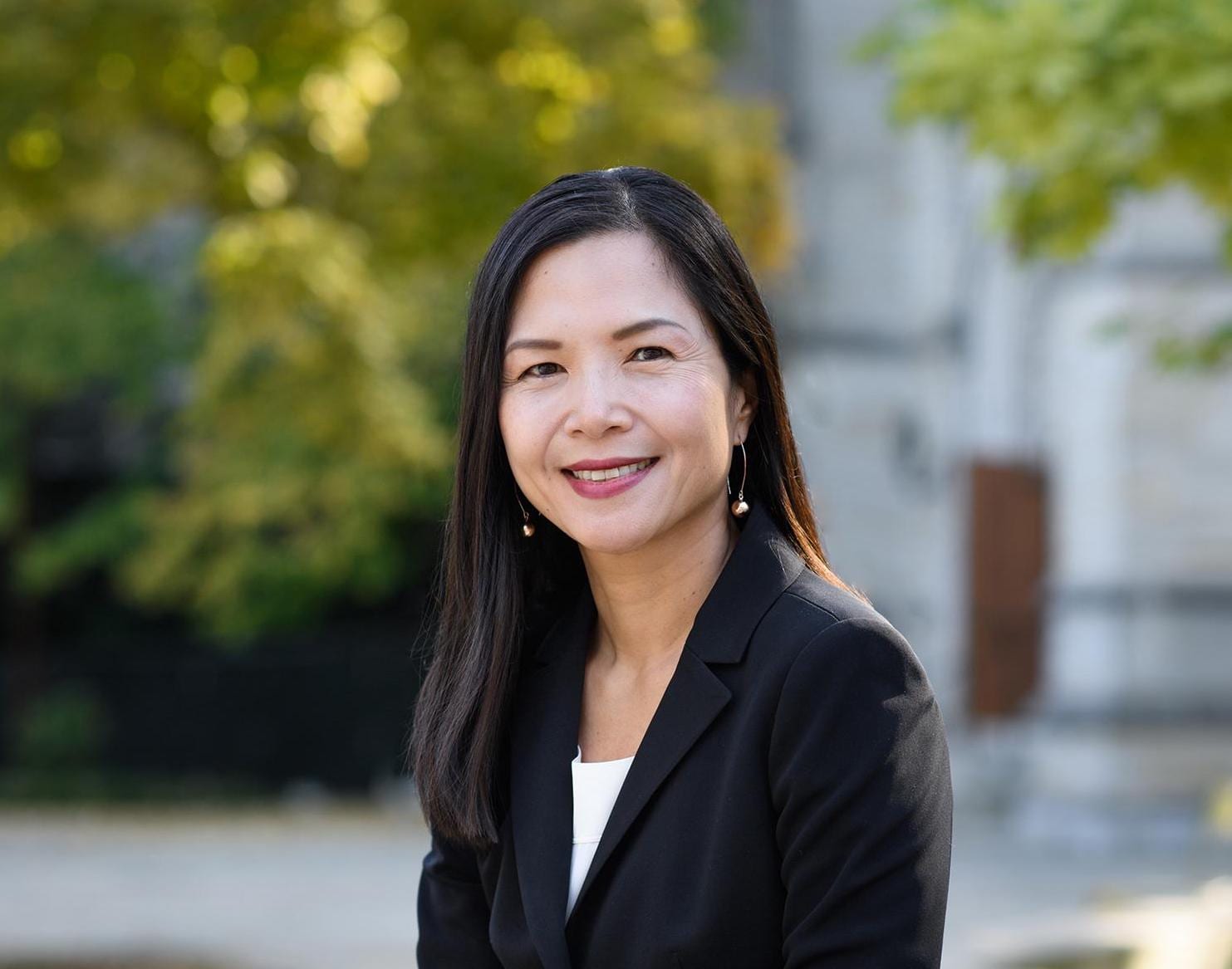chrislee@princeton.edu
Christina Hyo-Jung Lee is Professor in the Department of Spanish and Portuguese, Director of Undergraduate Studies, and Acting Director for the Humanities Council in 2025-26. Additionally, she is a member of the Center for Culture, Society, and Religion’s Executive Committee; and is an associated faculty member in the Program in Latin American Studies, Indigenous Studies, and the Princeton Institute for International and Regional Studies. Professor Christina Lee also serves in the Faculty Advisory Board of the .
Read Professor Lee’s full biography on the Department of Spanish and Portuguese website.













